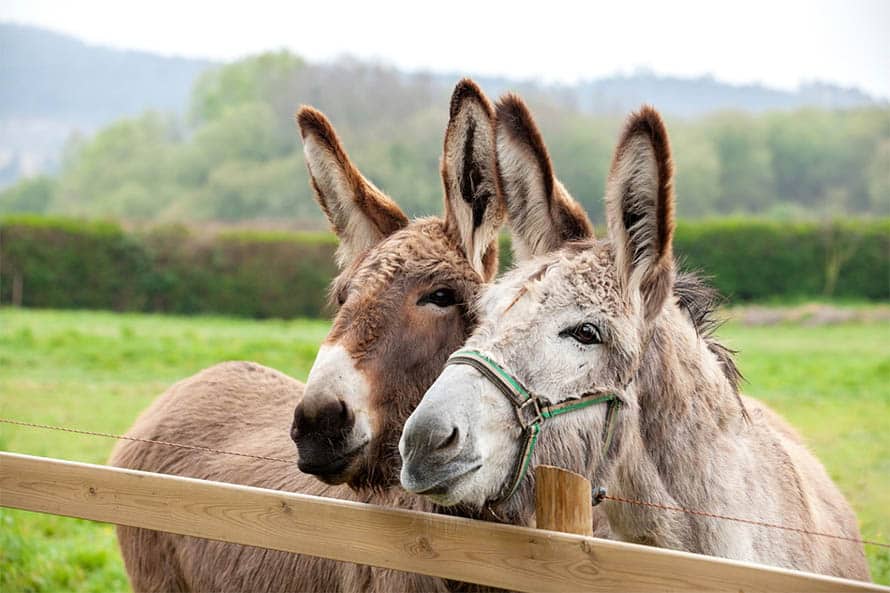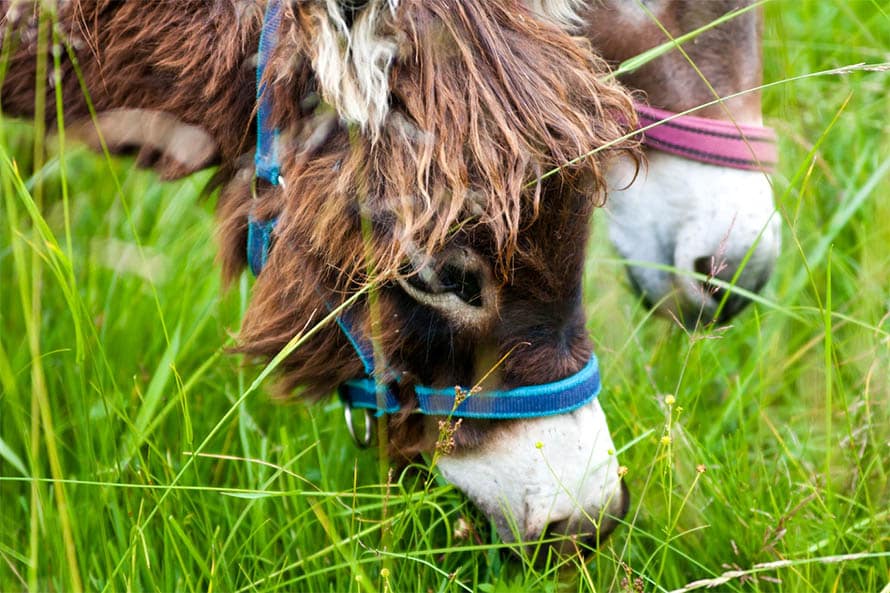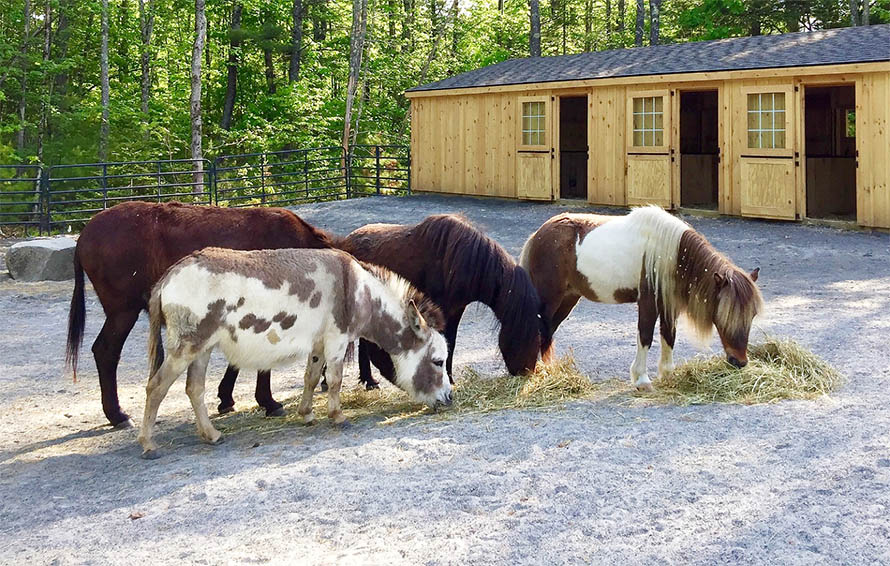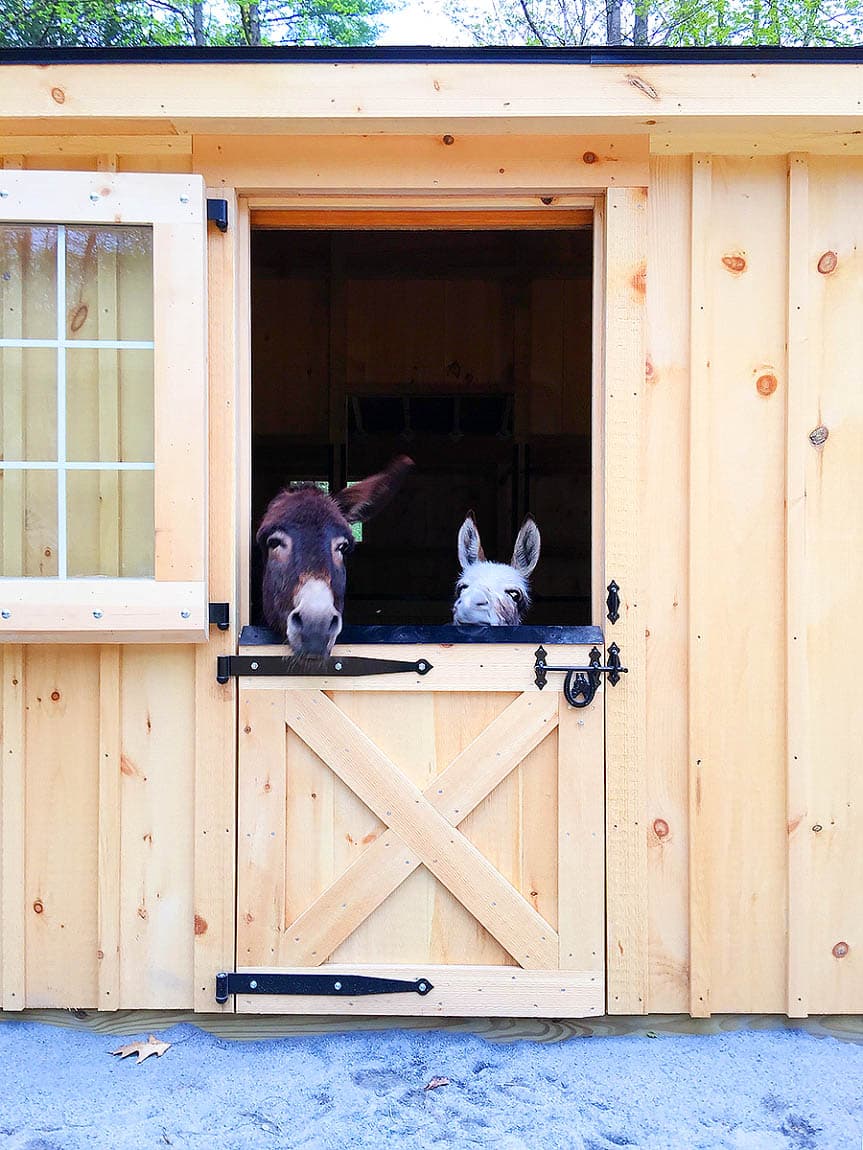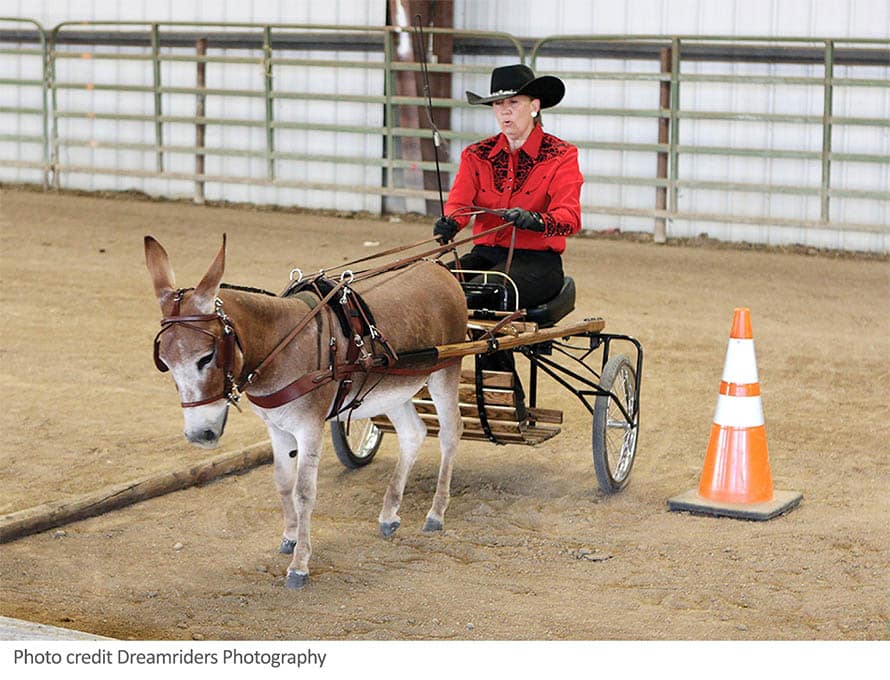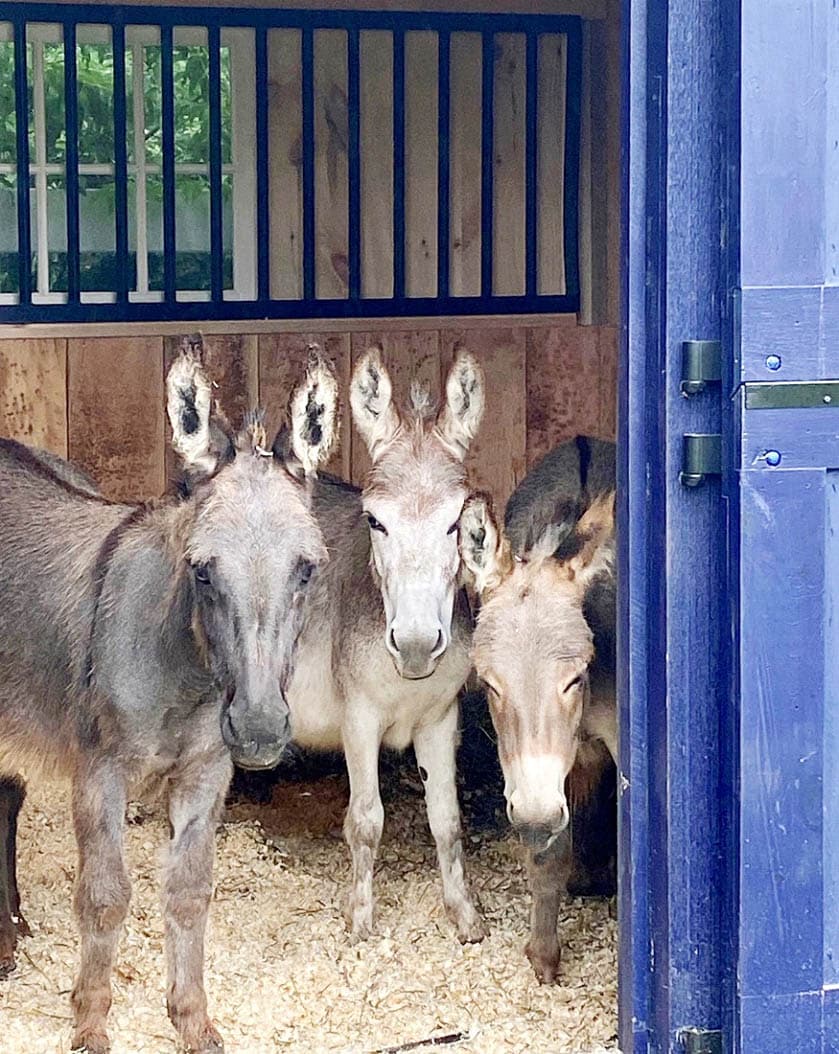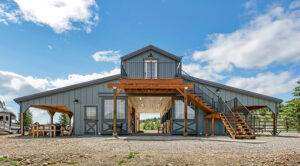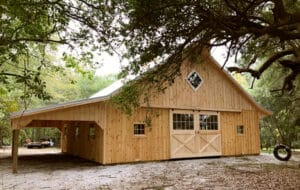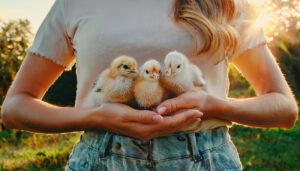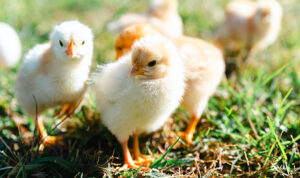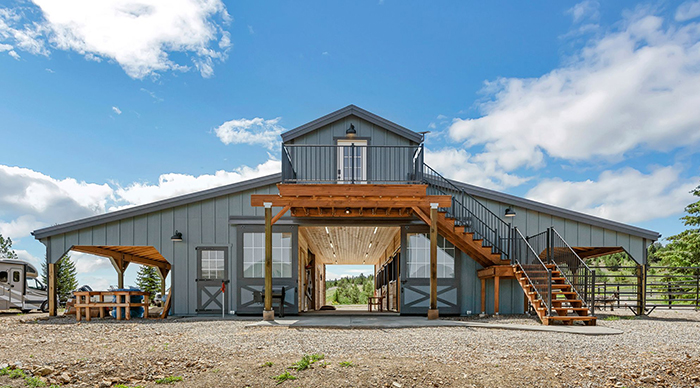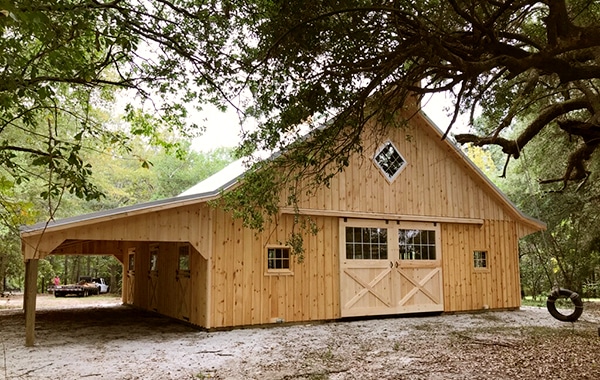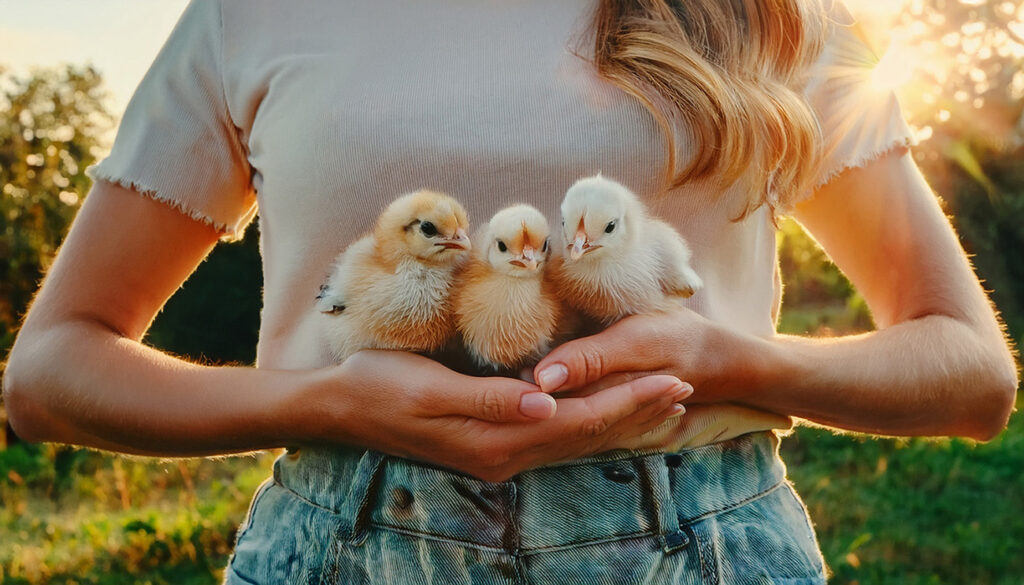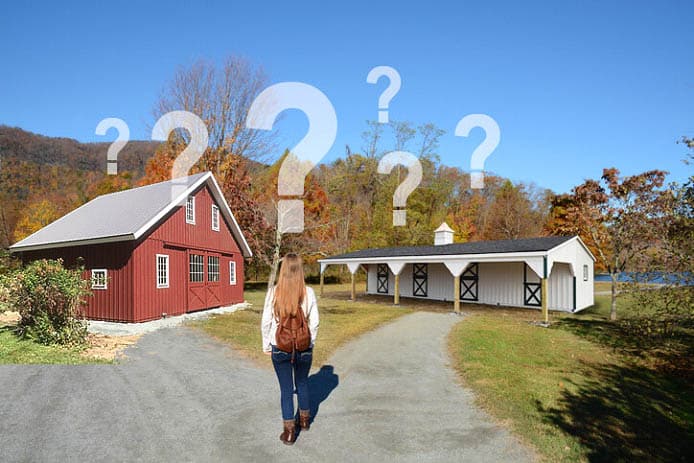When I began my equestrian career eons ago as a kid, my first Equus was a baby donkey called Sage. Along with his half-sister Cleo, they were purchased by Mom and Dad from a donkey breeding stud in the heart of the Gloucestershire countryside. Not that I was very happy about that at the time as I was hoping for a pony, but a horse is a horse of course. Well, kind of – so my late kid brother and I adjusted our wish list and set about training the wee beasties. At first with walks on bridle trails through the woods on halters, and later under saddle using the smallest tack we could find, racing saddles.
A donkey, as my farm neighbor (an equestrienne in the showjumping world of some repute) had told my neophyte pet-owning parents, was the perfect ‘starter’ horse for a child. And looking back I have to agree. Being kids, we treated Sage and Cleo just as we would a horse. We rode them in local gymkhanas where they would outshine ponies in the agility class. We would give donkey rides at local village fêtes among the tombolas, white elephant stalls and cake stands. We even participated in Palm Sunday processions some years, taking them inside the tiny village church much to the joy of children participating in the service. In fact, we rode them around the country lanes so much, we had to have them shod. The farrier was not happy about that job, and he dreaded seeing us show up at his forge.
After 38 years and 34 years respectively, Sage and Cleo, departed over the rainbow bridge. Sadly, my donkey Sage lost his life in a stable fire at my parents’ property. Though of course I headed out of their daily lives long before that, their companionship was a great comfort to my parents as they also aged up in years.
As you may imagine, donkeys and all the delights they provide are very close to this advanced dressage rider’s heart. We all start somewhere, and keeping donkeys taught me self-discipline, putting animal’s needs before my own, how to ride and stay safe riding on the roads, and generally gave my brother Curtis and I endless hours of fun.
How do you care for donkeys? Donkeys of course are not horses. And how to care for donkeys shelter, feed and forage, and general health care are a bit different to their larger and more energetic cousins. If you are setting out on the donkey owning adventure, there are a few caveats to know and a well-trodden path to follow to help ensure the wee beasties thrive under your care.
Stabling and Turn-Out
Donkeys are notoriously good at keeping unwanted critters out of their territory and are often kept as a deterrent to chase pesky loose dogs in the neighborhood, and even keep coyotes or other wildlife out of livestock enclosures. Alpacas, sheep, goats, poultry etc. are all vulnerable to attack by predators, and the donkey with his keen territorial sense will usually attack any invader.
Turnout is good for all Equus as it keeps their joints and digestive system moving and their minds refreshed and happy, but smaller species in the genus like donkeys, including the miniature variety, are prone to laminitis.
Keeping the grass from being overgrazed and free of worms is important. Manure removal from paddocks, harrowing the pastures in hot weather for best breakdown of worm larvae, deworming protocols for the donkey including fecal worm counts before treatment, are all good methods to incorporate in caring for donkeys.
Sidebar: Donkeys are the preferred host for lungworm. Dictyocaulus arnfieldi is a nematode that all donkeys should be treated for to avoid contamination of the pasture.
To mitigate the risk of laminitis, it is wise not to overgrain or overfeed donkeys. This includes keeping the grass long enough not to become oversweet (5-6 inches tall is optimal), keeping donkeys off pasture after a heavy frost when sugars are highest in the grass, and ensuring that the hay or forage provided is low in sugar.
Fences should be sturdy and secure to keep donkeys in their safe space. While a donkey does not require the height of fence a 16hh horse may need to keep it from jumping out (5’ is the standard), any fencing should always be installed with a view to future use. Because as is often the case including my own, in family life ponies follow donkeys and horses follow ponies. Barbed wire is not suitable for use around any Equus.
All animals should be provided with some form of shelter from wind, rain, snow and most particularly sun. As donkeys are smaller than horses and have a higher surface area-to-volume ratio than their counterparts, donkeys will feel the negative effects of extreme heat and cold faster than horses.
Bearing this in mind, the donkey is generally quite happy to share stable space with his compatriot herd members. A large interior barn space, or even a relatively small 12’ x 12’ stall can suffice for a few donkeys to share, as long as their grain rations are provided individually, and each receives its fair share.
Blanketing donkeys is not usually necessary unless they are very young, very old or ill, the provision of a run-in shed, or some form of in/out shelter is necessary.
Stable/stall doors of the Dutch variety installed on the exterior of the barn can facilitate the donkey’s freedom to choose to be inside or outside.
Dutch doors or stable/stall doors can be built to include three rather than the standard two split style design. This allows the stall door to be low enough to offer a room with a ‘boredom relieving’ view for the animal, while still allowing the stable’s use by horses if the need arises in the future.
Bedding your donkey on pelleted bedding or pine shavings (ensure no walnut or cherry wood is present as these woods will founder an animal) is a good idea versus straw or hay. Hay will encourage lice and fleas and is heavy and arduous to keep clean. Hay is not a good bedding material for Equus. Straw (only wheat or oat straw should be used, barley is not suitable due to its barbs), is often just a feast for the wee beast who will bloat up quickly by ingesting it.
To cut down on bedding needs and to provide comfort for the animal when laying down, rubber mats installed over a compacted stone dust stall floor or concrete floor is a good idea. Dirt floors will quickly disintegrate into muddy pits and cratered surfaces where urine and manure are consistently removed during the daily mucking out process especially where geldings will use the same spot to relieve themselves.
Give Your Donkey A Job
Donkeys, just like many domesticated animals, enjoy attention and interaction with humans. Donkeys make great service animals and companions.
However, donkeys, just like horses, do require training and establishing some basic ground rules is an essential part of an owner’s responsibility. A donkey should pick up his feet for the farrier for trimming (every 6-8 weeks is usually needed) without fuss. He should accept a halter and rope and be complaint to lead forward, stop and back up. Ideally, he would also be trained to walk onto a trailer for transport.
A donkey that works in harness in a small cart or is ridden by smaller sized equestrians (a rider will ideally only weigh up to 12% of the animal’s weight), will need appropriate training so that he understands his job. Just like horses donkeys will bolt off if frightened, kick, rear and generally act up if they are not properly trained. If you do not have the necessary experience in this training regard it is well worth investing in some professional help to set you on the right track.
Giving your donkey good basic training is a gift he will be blessed with all his life, and he will always be welcomed in the future as a new acquisition elsewhere should your circumstances change over his long lifetime and a requirement to sell or rehome him become necessary.
Bear in mind that donkeys are herd animals and do best with some form of animal companionship. It does not have to be another Equus, a goat, an alpaca, a few sheep or a cow will suffice.
Farrier and Veterinary Care
Just like horses, donkeys do require regular farrier and veterinary care. Set yourself up for success by engaging their services from the outset of your donkey ownership. Routine vaccinations against prevalent diseases such as rabies, equine influenza, encephalitis, tetanus and several more are necessary depending on where you live.
Take Home Message
So, are donkeys easy to care for? Donkey ownership can be very rewarding and is relatively easy to navigate. Watching the animals interact, hearing their noisy welcoming bray as you appear with a flake of hay or engaging them in work and play is something the whole family can enjoy.
Why not give it a go? There are many donkeys out there seeking a home.


